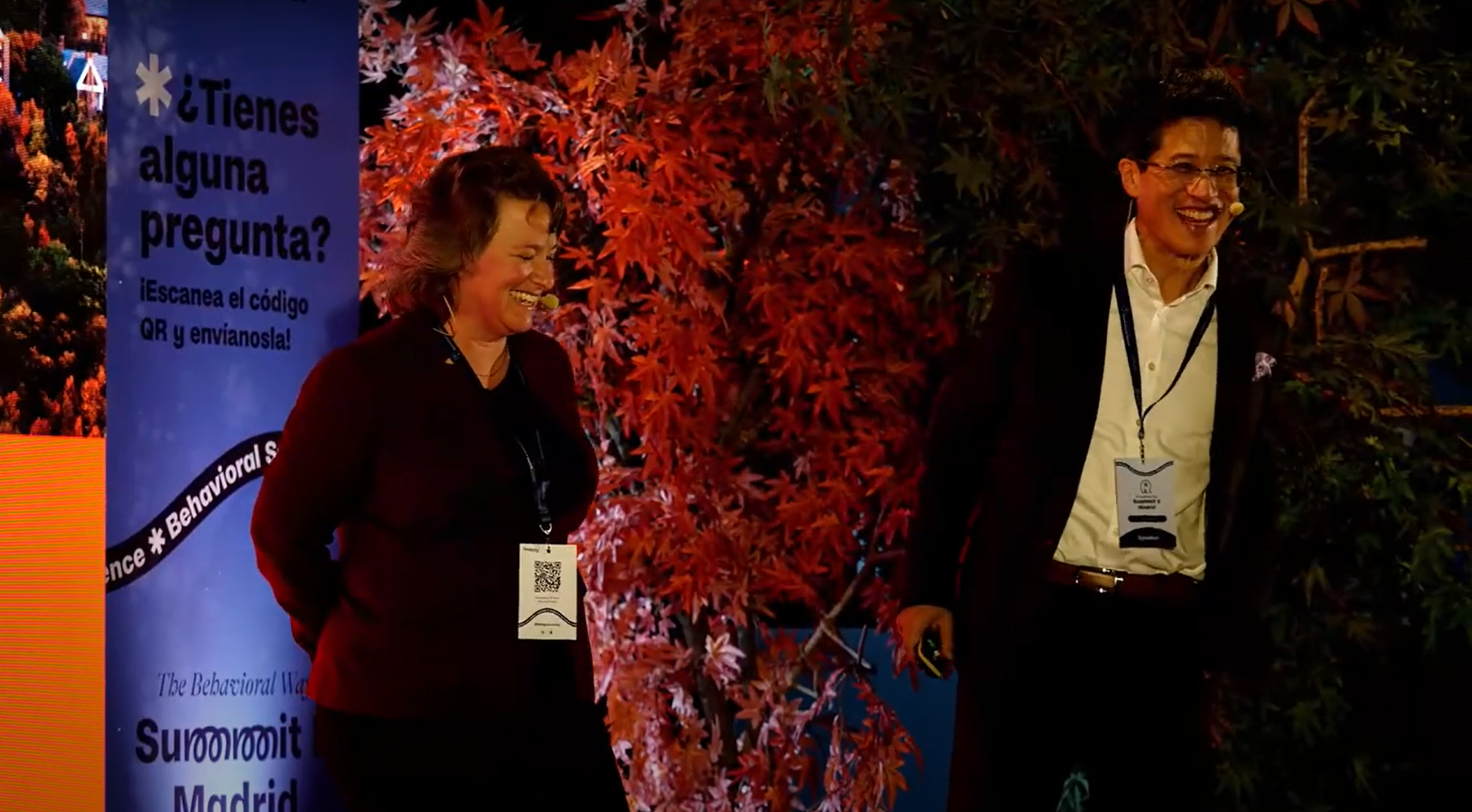Management consultants often create CVs that are included in firm directories or as addendums to proposals to clients. The structure of these CVs often differ significantly from that of traditional, chronological resumes used to apply for jobs – namely "consulting-style CVs" are used to highlight project experience and either functional skills or focus areas. This is in line with a consultant's desire to land projects and fill temporary skill gaps in a client organization as opposed to landing a permanent position within an organization. It is also in line with sales processes for consultants – a big part of the purchase evaluation process by clients is whether a consultant has "done it before" as opposed to getting a comprehensive chronology of employment.
Consulting CVs often cover the following areas:
- Brief background (e.g., position or role in firm, industry background)
- Functional expertise and skill areas
- Sample consulting engagements
- Education background and/or prior employer background
A consulting CV can vary depending on many things such as:
- whether a named consultant is to be presented (e.g., versus representative consultant)
- confidentiality requirements
- where one is at in terms of the marketing, sales, or contracting process
- the desired project that one is trying to sell into (e.g., CV may try to focus more narrowly as opposed to being broad)
- how the consultant is to be positioned relative to other consultants on the project and the engagement workstreams
- culture of consulting firm
- culture of client
- treatment of publications
- treatment of consulting practice areas
- years of consulting experience (e.g., positioning new consultants versus more experienced ones)
Here's a link to my consulting CV (PDF file), and it is provided as an example only since I have found few public examples or references in consulting books on the consulting-style CV. I do not claim that this CV is best in class, primarily because a CV should be tailored for context and impact. For example, some resume folks would argue that one use more situation-, task-, action-, result-type characterizations in the project descriptions and use more active voice. I totally agree with those characterizations and strategies at a block-and-tackle level. The purpose of this post is to highlight the macro-level difference of a typical, consulting-style CV that I have seen used in different firms. A core difference is on the emphasis on projects rather than chronology or functions.
Edit (4/9/09): I am not an expert on resumes. For those that want information on writing better resumes and getting permanent consulting jobs, a great site to visit is Management Consulted.
